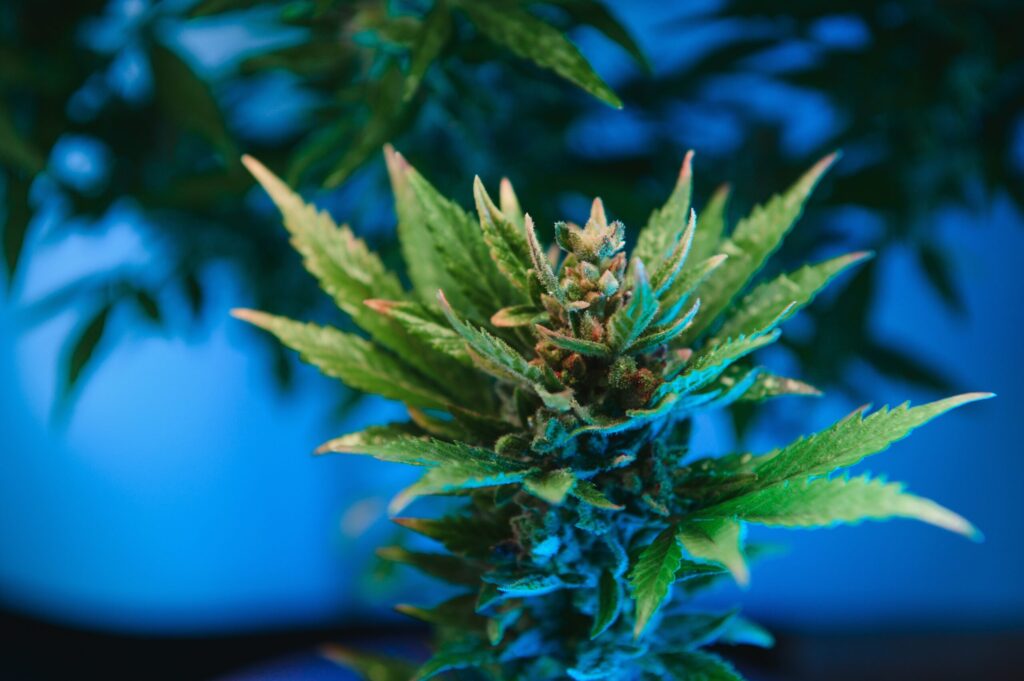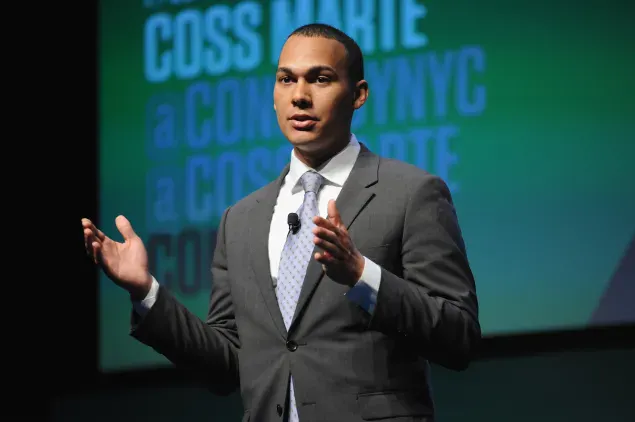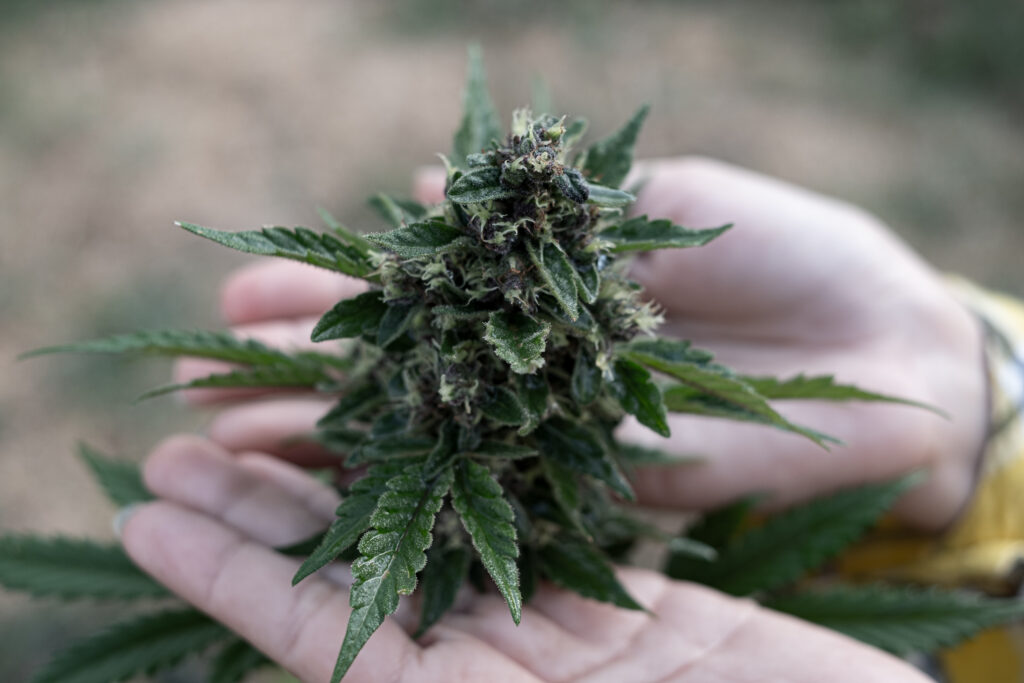DEA’s Potential Resistance to Marijuana Rescheduling: Navigating the Complex Landscape
Federal Reluctance to Cannabis Policy Change
A senior health official in the Biden administration recently hinted at potential resistance from the DEA regarding the rescheduling of marijuana. This reluctance underscores the complexities of changing federal cannabis policies, despite widespread public support for reform.
The Challenge of Marijuana Rescheduling
Currently, marijuana is classified as a Schedule I substance, implying it has no accepted medical use and a high potential for abuse. This classification restricts research and medical application. Advocates and some lawmakers have been pushing for rescheduling to facilitate medical use and research, but the DEA’s approval is crucial for this change.
Impact of DEA Resistance
The DEA’s resistance could slow progress in cannabis reform, maintaining the status quo for an extended period. This stagnation affects several areas:
- Research Restrictions: Continued Schedule I status hampers scientific research, limiting understanding of cannabis’ medical potential.
- Medical Access: Patients who could benefit from medical marijuana face significant hurdles in accessing it legally.
- Legal Inequities: Persistent classification under Schedule I perpetuates legal challenges, particularly for those facing marijuana-related charges.
Advocacy and Public Sentiment
Public opinion has shifted dramatically in favor of cannabis reform. A significant majority of Americans support legalization for both medical and recreational use. Advocacy groups are pushing for policy changes to reflect these views and scientific advancements. The DEA’s resistance to marijuana rescheduling, therefore, contrasts sharply with public sentiment and ongoing state-level legalization efforts.
State vs. Federal Law
Many states have legalized cannabis for medical and recreational use, creating a patchwork of laws across the country. This discrepancy between state and federal laws complicates enforcement and creates legal ambiguities for consumers and businesses. Rescheduling cannabis could harmonize these laws, providing clearer guidelines and reducing legal uncertainties.
Moving Forward: Potential Strategies
Despite the DEA’s potential resistance, there are several avenues for advancing cannabis reform:
- Legislative Action: Congress can pass laws to reschedule or deschedule cannabis, bypassing the DEA.
- Continued Advocacy: Persistent public and political pressure can influence policy changes over time.
- Research and Education: Ongoing research and dissemination of scientific findings can help shift perspectives and policies.
Conclusion: A Complex Path Ahead
The DEA’s potential resistance to rescheduling marijuana presents a significant hurdle in the path toward comprehensive cannabis reform. However, with continued advocacy, legislative efforts, and public support, progress is still possible. The evolving landscape of cannabis policy in the United States remains dynamic, reflecting broader societal shifts toward acceptance and legalization.
For further details, see the original report on Marijuana Moment. For quality cannabis in New York, click here!









